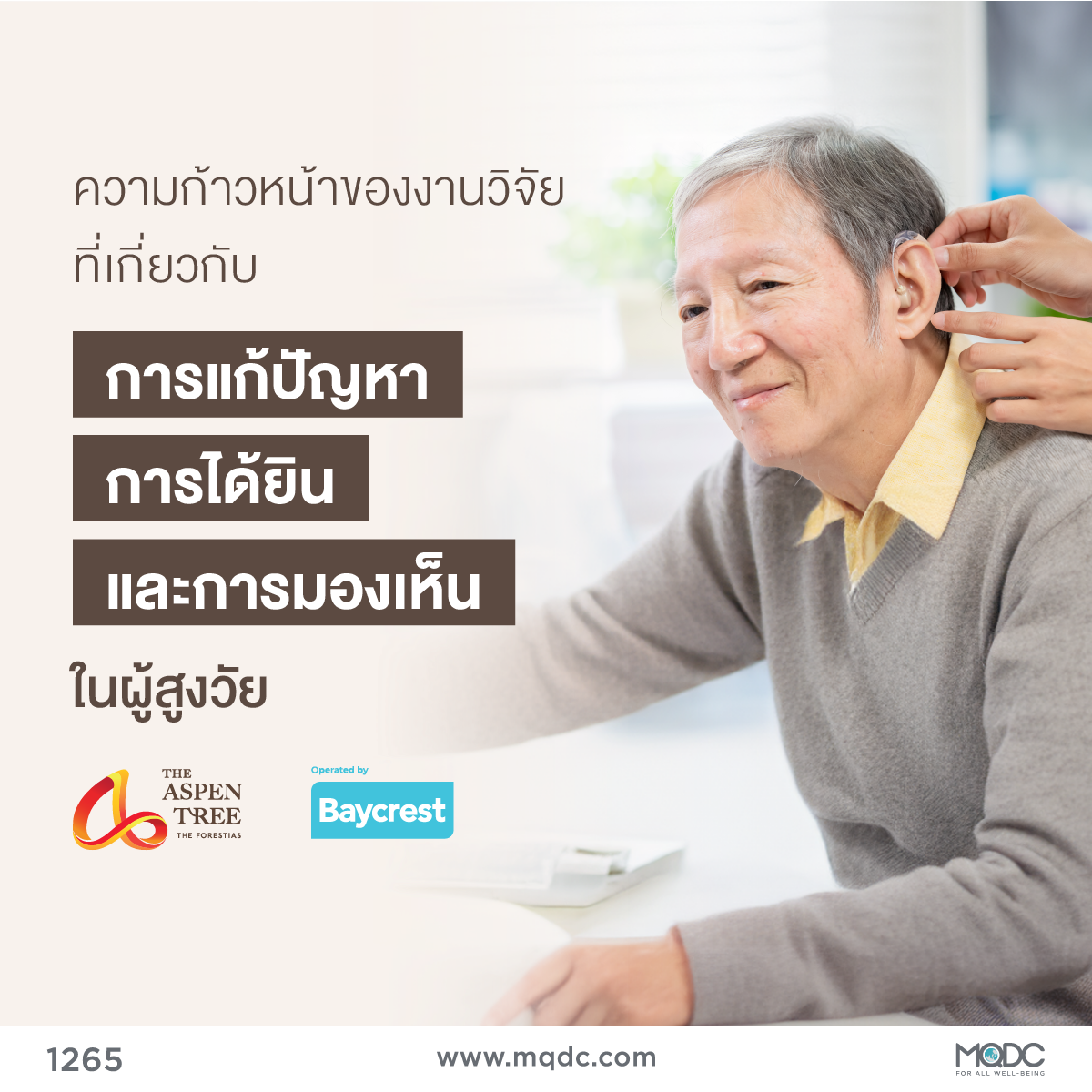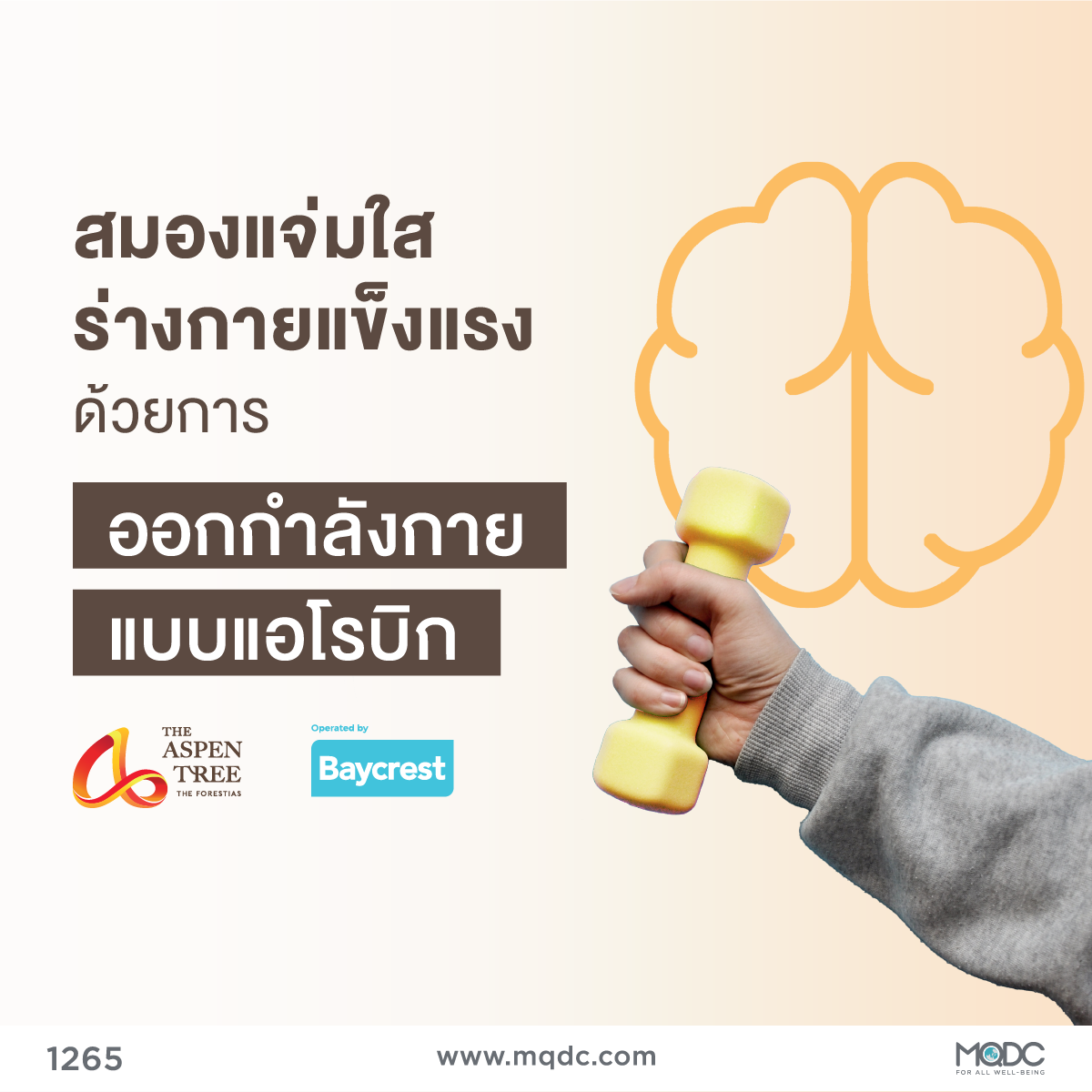Loneliness has emerged as a silent epidemic. Loneliness impacts the physical and mental well-being of Canadians across all age groups. While healthcare providers are focused on diagnosing and treating medical conditions, they are also positioned to recognize and address the underlying social and emotional aspects of their patients’ lives. By addressing loneliness, they can play a pivotal role in improving patient health outcomes. There is also potential to prevent many health conditions.
Loneliness is more than just a fleeting emotion. It can be described as the feeling we get that our social relationships are lacking compared with what we want them to be. Numerous studies have linked loneliness to an increased risk of depression, anxiety, cognitive decline, cardiovascular disease, hypertension, obesity and even premature death. The increased risk of death from social isolation and loneliness is similar to smoking 15 cigarettes a day or having an alcohol use disorder, according to research. At least as importantly, isolation and loneliness are known to erode an individual’s sense of purpose, diminish self-esteem and reduce the ability to engage in healthy lifestyle behaviours.
A recent medical journal article noted that while social isolation and loneliness are rarely listed on death certificates, both of these factors may have contributed to the excess deaths from all causes observed during the pandemic. The authors suggest that clinicians require adequate training, resources and support to integrate screening, interventions and referrals into their existing responsibilities. They also note that patients’ lives may be hanging in the balance.
Loneliness Is at Alarming Levels
Countries around the world are raising alarm about loneliness in various ways. Based on reports of increasing numbers of lonely citizens, the British government appointed a federal Minister of Loneliness in 2018. This appointment built upon a 2011 national campaign to end loneliness. In early May 2023, the Surgeon General of the United States released a report calling for a national strategy to advance social connection. One of the six pillars of this strategy is to mobilize the health sector. In response to these serious concerns, the Canadian Coalition for Seniors’ Mental Health (CCSMH) is currently completing clinical practice guidelines to encourage and support best practices related to social isolation and loneliness among older adults. The Baycrest Academy for Research and Education’s Executive Vice-President of Education, Dr. David Conn, cochairs the CCSMH.
While social isolation and feelings of loneliness are common across all age groups, older adults are particularly at risk due to the life circumstances and transitions often associated with aging, like retirement, living alone, being bereaved or living with physical limitations. In fact, nearly one in five Canadians 65 years and older say they lack companionship. However, loneliness is not an intrinsic aspect of growing older
How to Build Social Connections
Addressing the health impacts of social isolation and loneliness among older adults requires a comprehensive approach that involves the older adults themselves, healthcare providers, community organizations and policymakers. In this way, targeted interventions can be put in place to address underlying physical or mental health conditions, promote social connections and improve overall well-being. Communication between older adults and their healthcare providers is vital in addressing loneliness. By discussing this issue, older adults can take the first steps towards finding solutions and clinicians can provide guidance, support and access to resources.
Healthcare providers have a key role to play in the improvement of quality of life and the prevention of illness in later life. If given the time and resources, healthcare practitioners can support older adults to make behavioural and lifestyle changes that could reduce or prevent isolation and feelings of loneliness. This, in turn, would reduce the likelihood of a number of illnesses in the future. Through early intervention, screenings, thorough assessments and collaboration, they can empower older adults to work towards a healthier today and tomorrow.
Look After Your All-Round Well-Being at 50+ at The Aspen Tree at The Forestias Operated by Baycrest with Holistic Lifetime Care
Step into a new chapter in life with a lifestyle for a healthy body and mind filled with friendship at The Aspen Tree at The Forestias Operated by Baycrest.
Staying fit and strong at 50+ takes knowledge and understanding of your health in terms of body, brain, and mind. Surrounding yourself with the right environment and being close to health professionals helps you enjoy quality of life as an older adults, living life to the full with meaning and free from worry.
This concept inspires The Aspen Tree at The Forestias, designed and developed with research leaders and Canada’s world-leading Baycrest Crest to meet every need of older adults. You can live in a multigeneration community in The Forestias with comprehensive health and care (Holistic Lifetime Care). Full facilities and the Health & Wellness program enhance your lifestyle with activities such as yoga, swimming, singing, playing music, meditation, outdoor activities, hydrotherapy, and much more to keep your body, mind, and brain in great shape.
The Aspen Tree at The Forestias also has a Health & Brain Center to safeguard your health and wellness. The center’s experts can delay the onset of dementia and provide care to overcome brain and memory problems. A team of healthcare specialists is on hand 24 hours a day to keep you safe and well in every aspect.
Live free from cares in the free time of live... Let’s find the perfect life together.
Find out more CLICK https://mqdc.com/aspentree
Call 1265
LINE OA: @TheAspenTree or CLICK https://mqdc.link/3Emhkde
Source:
http://baycrest.uberflip.com/i/1512077-brainmatters-fall-winter-2023/19?









